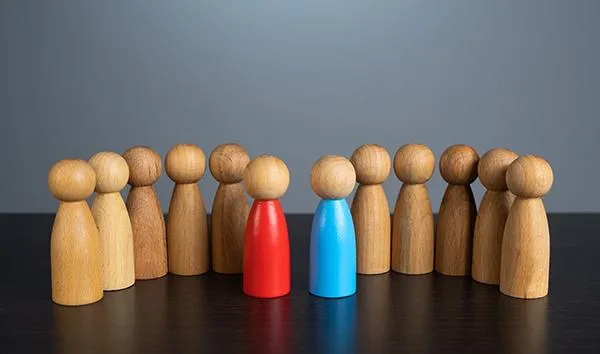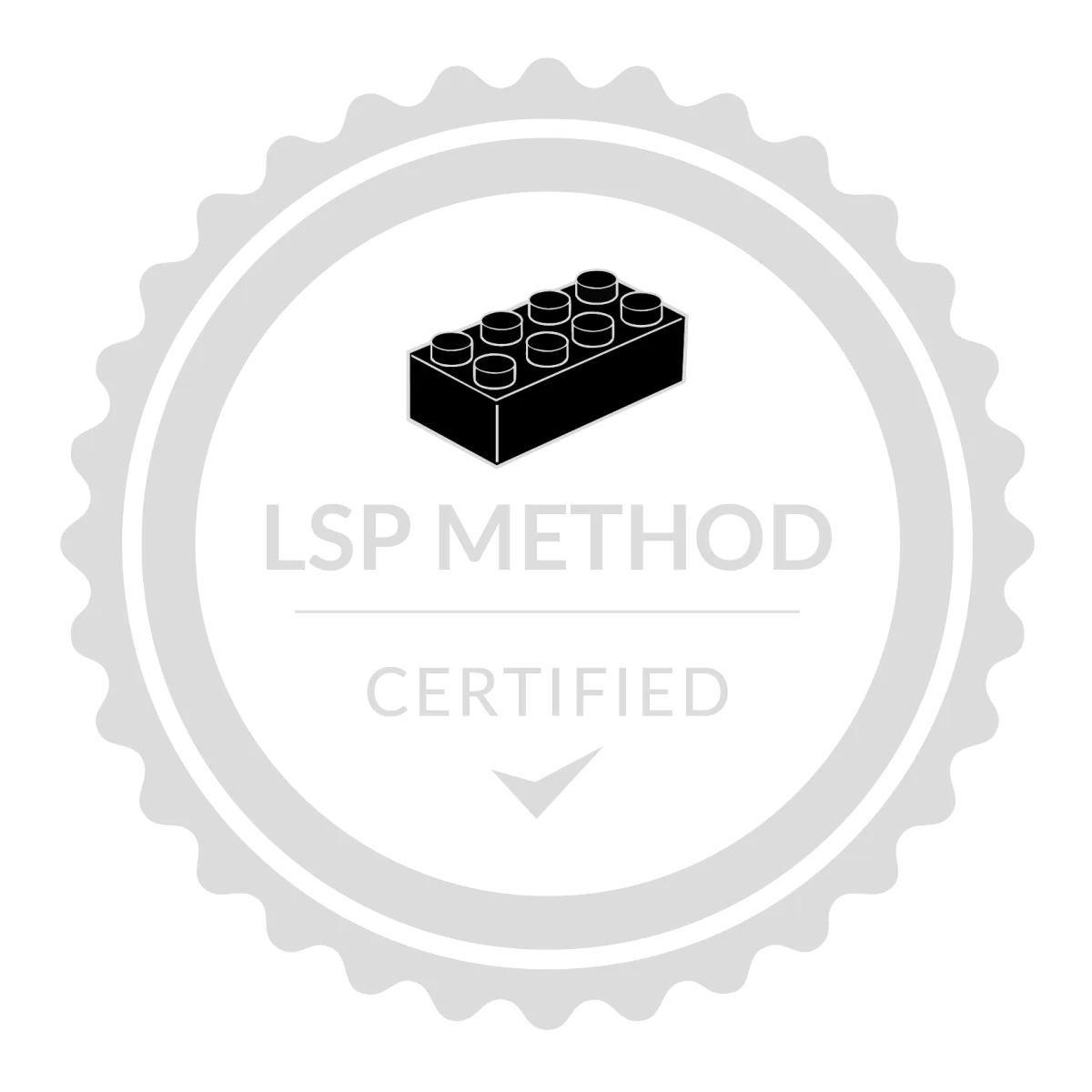Blog - Reflejos

Cultural Humility in a Time of Political Polarization
Cultural Humility in a Time of Political Polarization
This election and the last two have highlighted the political polarization that our country finds itself in. It has uncovered how deeply divided we are and created a fear of having conversations about our political differences. Many of us want things to be different! We want to be able to have conversations with others about politics without the fear of being labeled a racist, a bigot, a liberal, and having our morality questioned.
What is political polarization? According to Wikipedia it is the divergence of the political attitudes away from an unbiased center toward ideological extremes. We are mired in it, and we have all been impacted by it in one way or another - whether it happens on social media, around the kitchen tables, in places of faith, or in conversations with family members.
Like you, I too want things to be different. I want to be able to attend family events without a fear of having a conversation that may cause a divide in my family or have conversations with friends without the fear of being misunderstood or labeled something that I am not.
How can we engage in conversations in a time of political polarization?
I believe that to have conversations about topics that might divide us, we need to develop a posture of cultural humility in which we enter a conversation with the purpose of seeking to understand, rather than seeking to convince. In short, we need to learn how to be curious and to cultivate our ability to be curious.
Recognizing that you have something to learn about the other person you are entering a conversation with is not about changing your values and beliefs or theirs. It's about engaging in a conversation where you leave with a better understanding of the other person's beliefs and the possibility of learning something about your own beliefs and values.
Many times, we enter conversations with the purpose of convincing the other person that they are wrong, and we are right. This keeps us from listening to the other person, which causes us to miss something because we choose not to listen. Developing and practicing the ability to deeply listen is central to entering a conversation with a posture of cultural humility. This starts with us practicing techniques to help center ourselves before having what could be a contentious conversation. One thing we can do before having a conversation is learning to breathe in a way that will help center us before a conversation. An exercise that can help with that is called box breathing. Box breathing is an exercise that can help you hone your listening skills.
Here’s how it works: Inhale for four seconds; hold your breath for four seconds; breathe out for four seconds; and hold for four seconds. It is called a box because you mentally draw a box with a four-second inhale (vertical line), then hold your breath for four seconds (horizontal line), then a four-second exhale (vertical line), and then hold for four seconds (horizontal line that closes the box).

Centering ourselves before a conversation will help us to be fully present so that we can listen to what the other person has to say and not be distracted by the thoughts in our subconscious.
The second thing we can do is learn to practice deep curiosity. This means entering a conversation with an attitude that we have something to learn from the other person. Seeing the dignity in every person is essential in developing how to be curious about others. A way to think about this is that we have something to learn about everyone we know and have a relationship as well as those we meet along the way. I believe that if we approach it this way we will become curious about the other person.
Making time to ask questions with genuine curiosity can help us understand what the other person is trying to say and why they are saying it. Asking open ended questions can help with that. When you hear something that gives you pause learn how to say, “tell me more.” If you don’t understand why someone believes what they do, you can ask, “where does that belief come from?” A follow up can be, “please share with me how that belief informs the way you view the world.”
The key is to enter the conversation with a genuine curiosity, not what author Scott Shigeoka refers to as “predatory curiosity.” This is when you are asking questions with the purpose of convincing someone else that you are right, and they are wrong. This is not genuine deep curiosity. Making every effort to suspend judgement is key to practicing deep curiosity.
What I have shared with you is only an introduction to what developing a posture of cultural humility will take. This work is not easy, but I believe if we are able to engage in this work our society will be better. It starts with you! You need to decide to make the effort so that you can learn to bridge across the political divide. Are you ready to do that?
In my recent book, Dear White Leader, I talk about the political polarization in our country and the importance of developing a posture of cultural humility to lead our organizations toward creating a deep sense of belonging. This sense of belonging will lead to our organizations becoming more inclusive. It is not only true for organizations, but for your community which includes, your faith community, volunteer organization, and your family.
If you would like to learn more about cultural humility, I would encourage you to pick up my book Dear White Leader: How to Achieve Organizational Excellence through Cultural Humility. You can find out more information about my book at www.DearWhiteLeader.com






